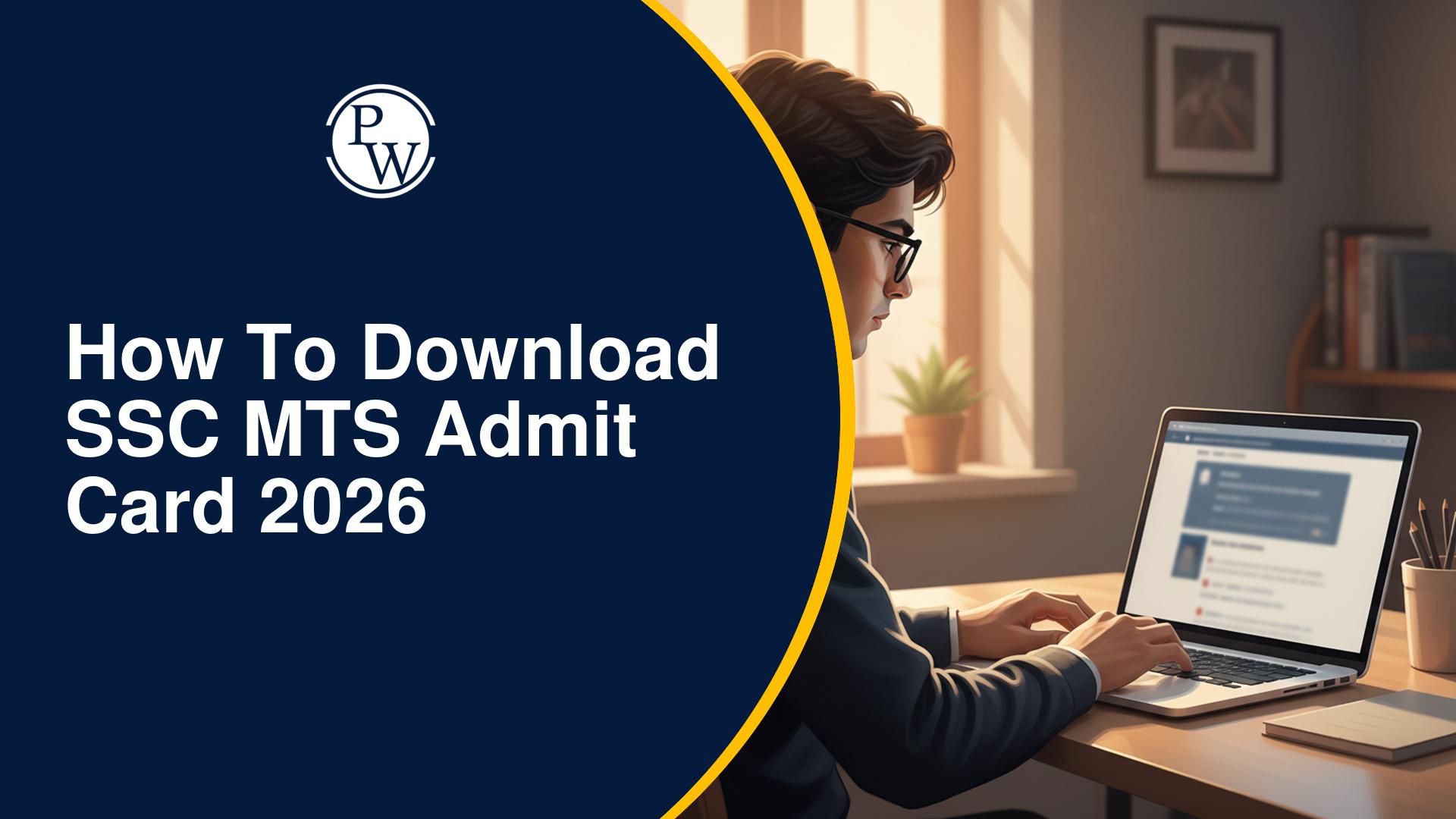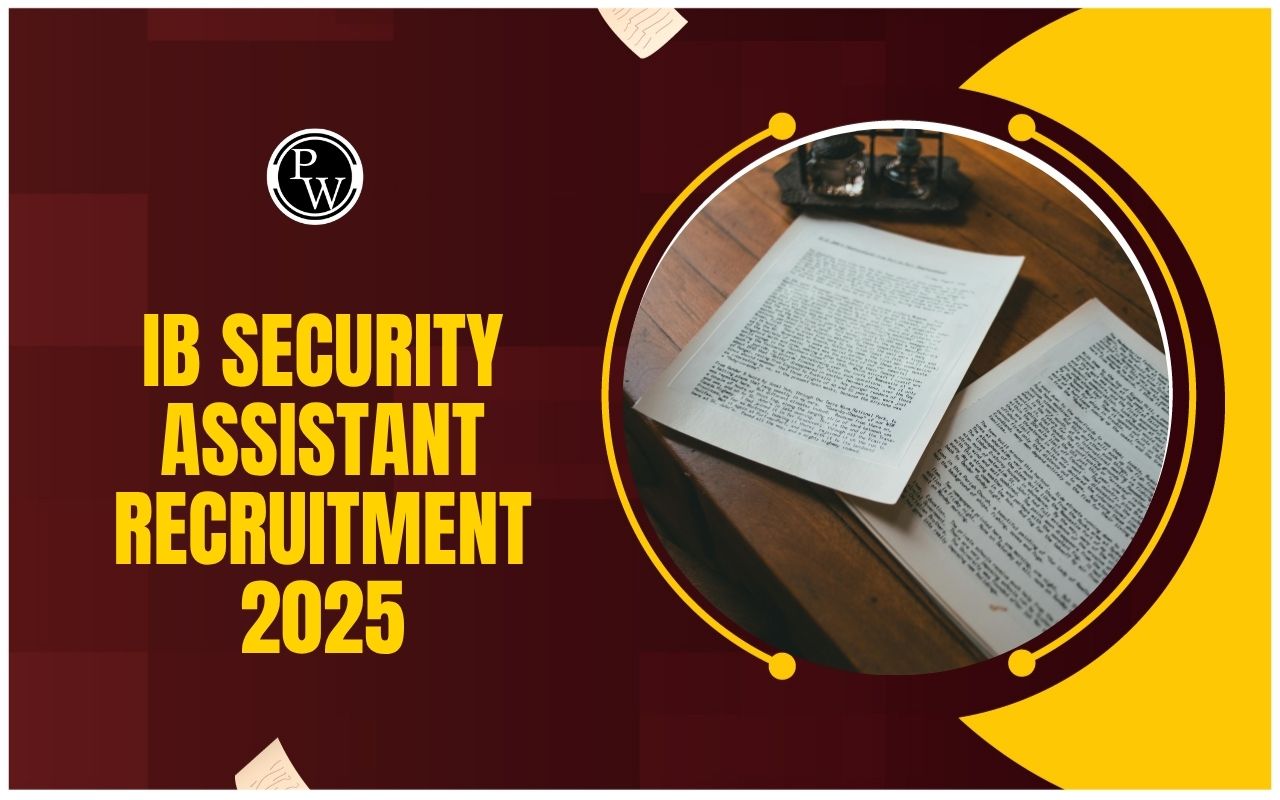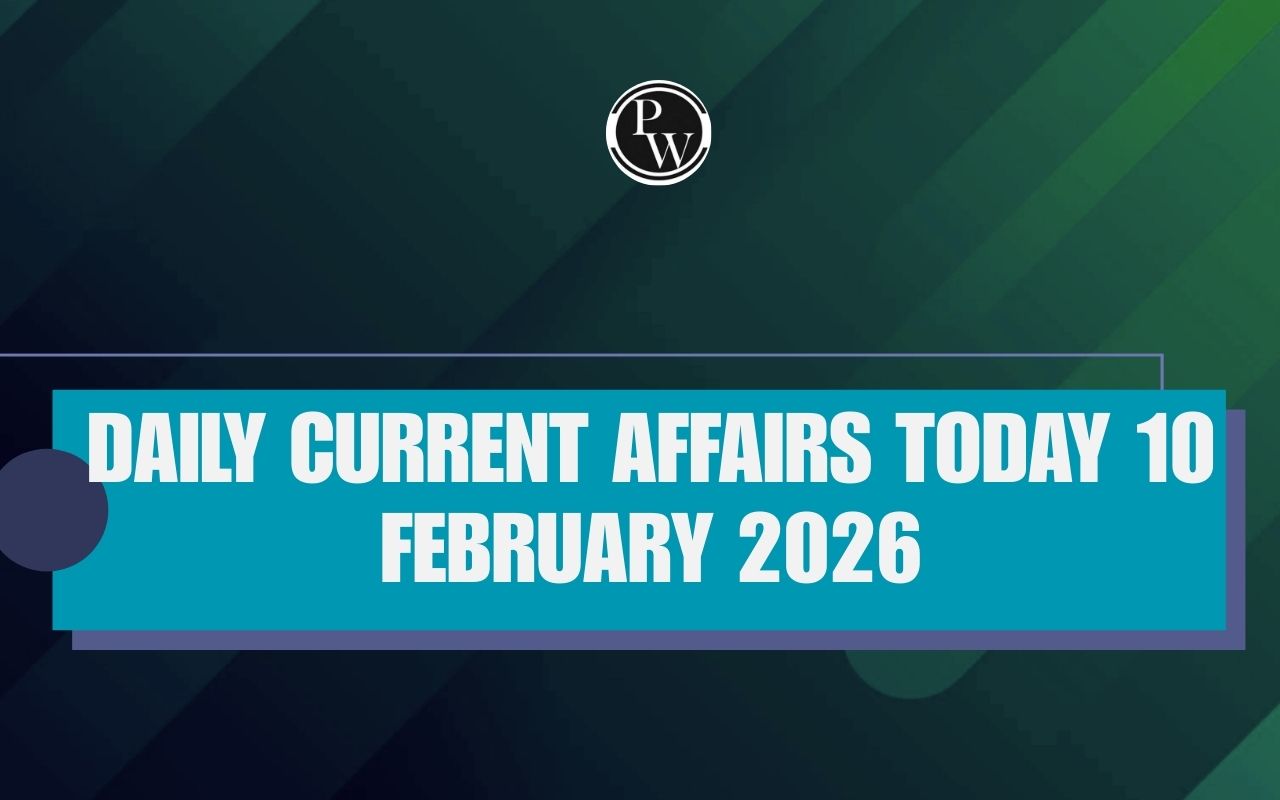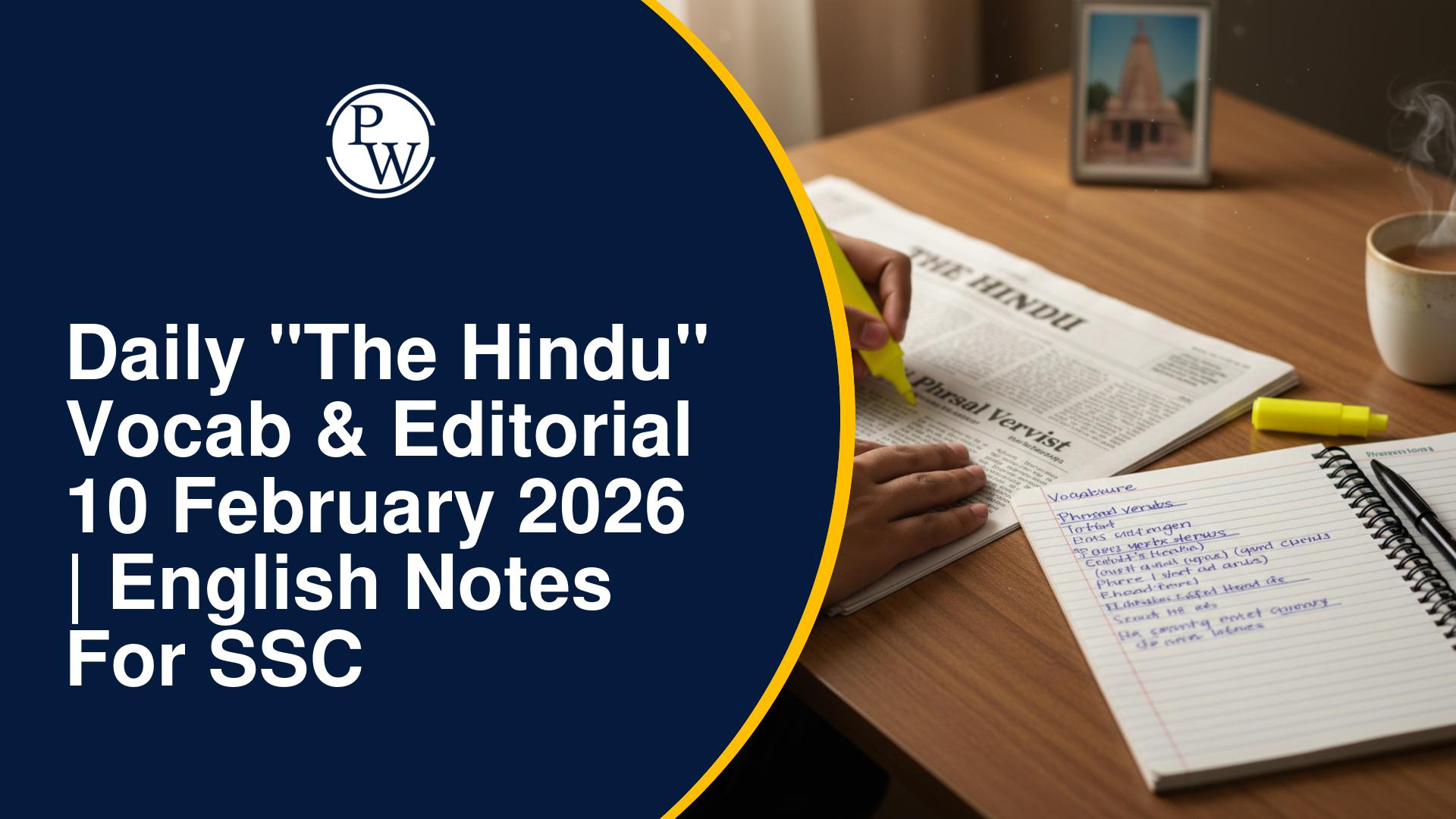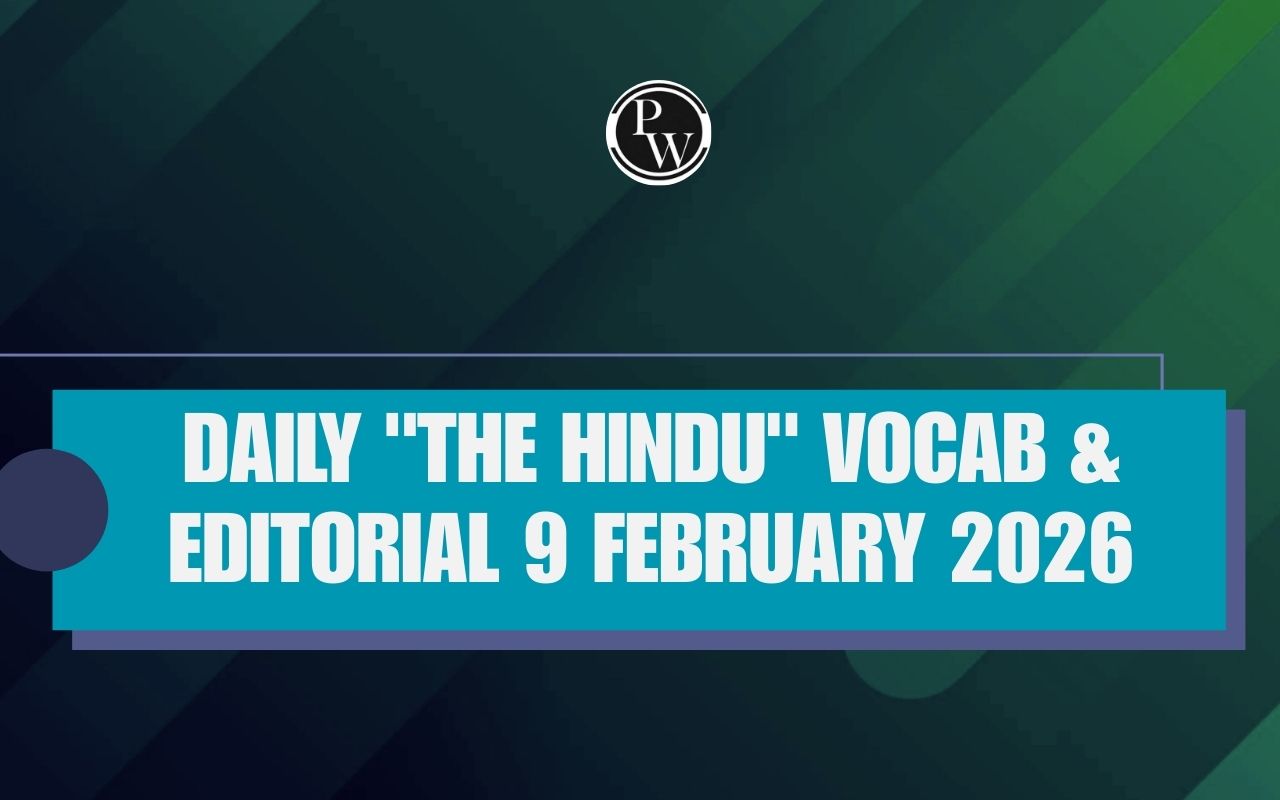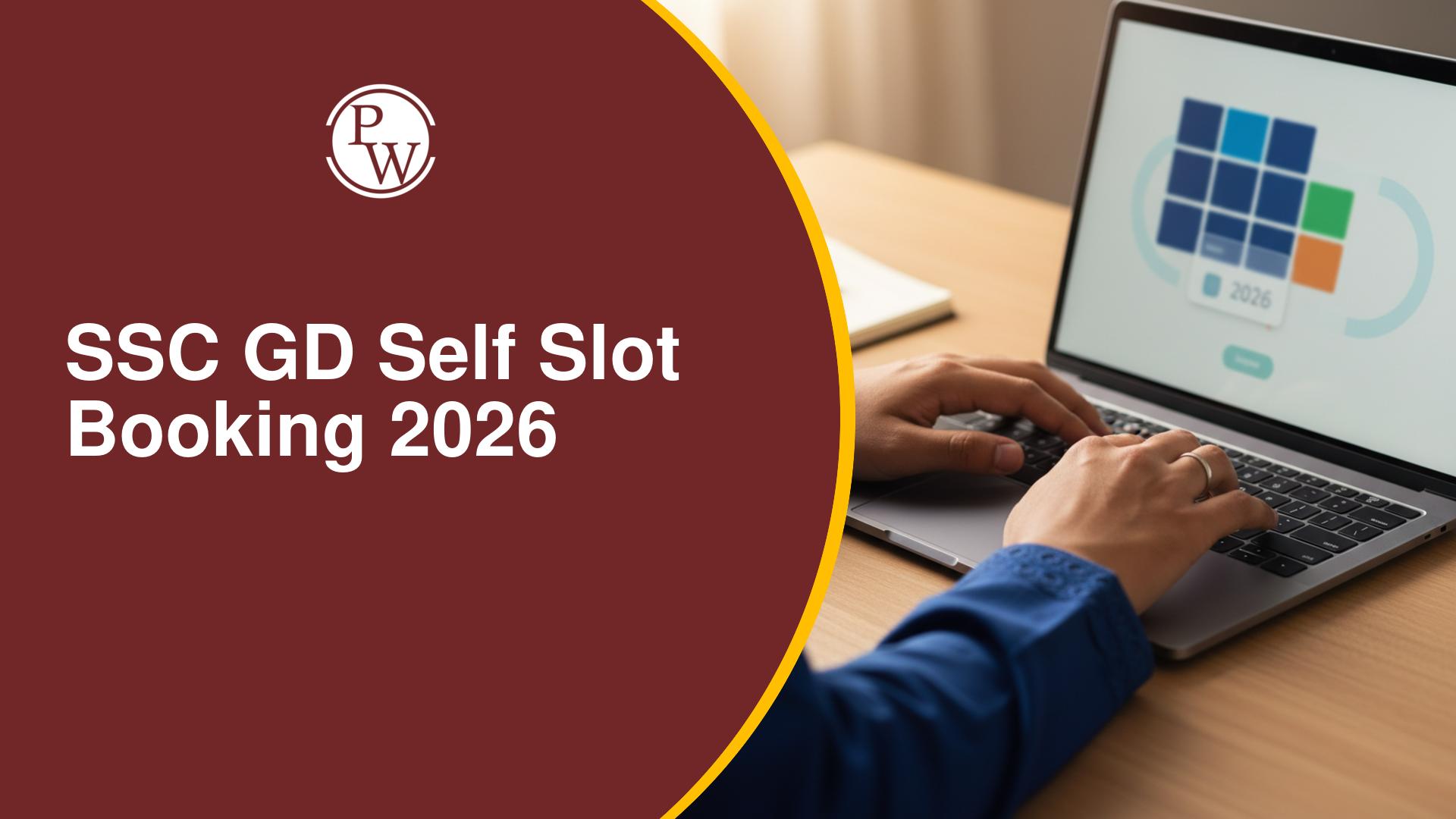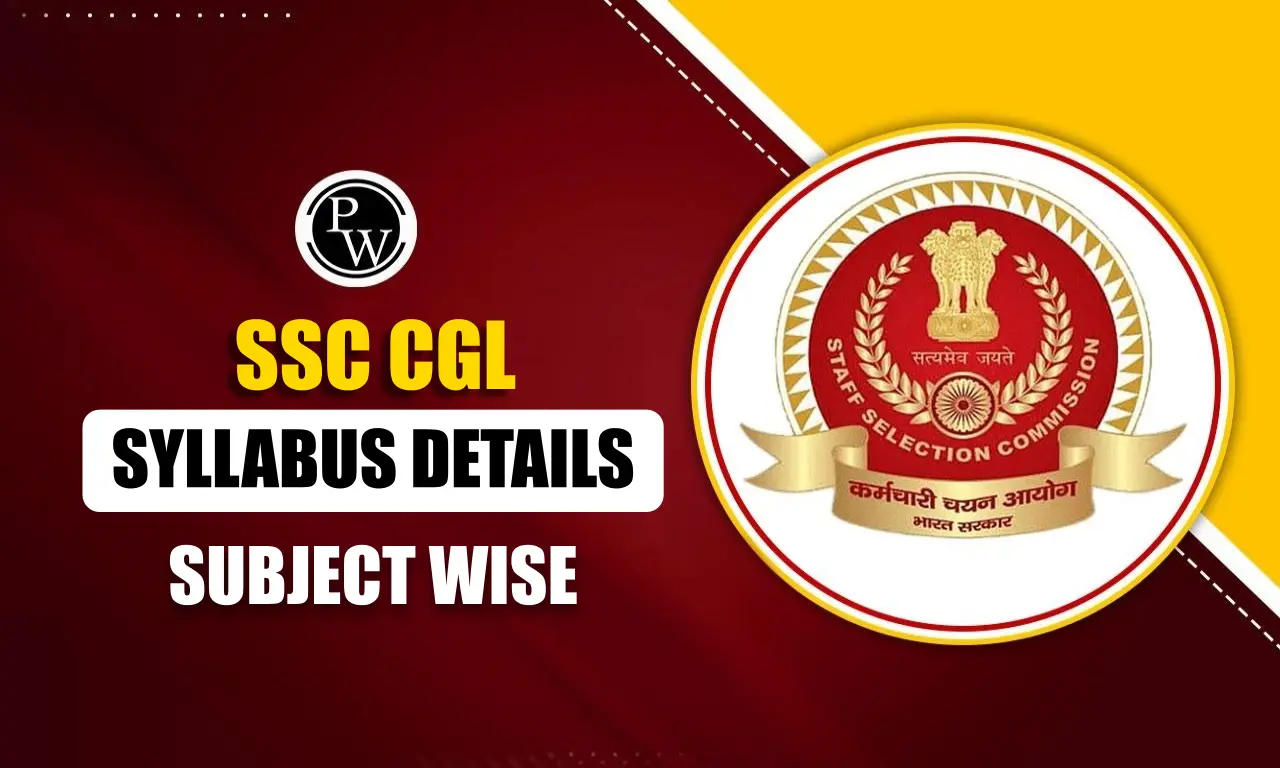
IB Junior Intelligence Officer Previous Year Question Papers: Preparing for the Intelligence Bureau (IB) Junior Intelligence Officer (JIO) exam requires a strategic approach, suitable study materials, and consistent practice. One of the most effective methods to prepare is by solving IB Junior Intelligence Officer Previous Year Question Papers.
These papers help candidates understand the exam pattern, types of questions, difficulty level, and the areas that need extra focus. Candidates can improve speed, accuracy, and confidence through regular practice.
IB Junior Intelligence Officer Previous Year Question Papers Overview
Candidates should give themselves time to complete the IB Junior Intelligence Officer Syllabus. They can start by solving the IB Junior Intelligence Officer Previous Year Question Papers. They can get an idea of the pattern of the questions covered in the paper.
|
IB Junior Intelligence Officer Previous Year Question Papers Overview |
|
|
Exam Name |
IB Junior Intelligence Officer (JIO) Exam |
|
Conducting Body |
Ministry of Home Affairs (MHA), Intelligence Bureau |
|
Exam Level |
National |
|
Mode of Exam |
Online (Computer-Based Test) |
|
Exam Stages |
Tier 1: Written Test (Objective), Tier 2: Skill Test, Tier 3: Interview |
|
Subjects Covered |
General Mental Ability & Technical Subjects (as per discipline) |
|
Marking Scheme |
Each correct answer carries marks, negative marking for wrong answers (as per notification) |
|
Difficulty Level |
Moderate to Tough |
|
Purpose of IB Junior Intelligence Officer Previous Year Papers |
To practice, analyse question trends, and prepare effectively |
IB Junior Intelligence Officer Eligibility Criteria
IB Junior Intelligence Officer Previous Year Paper Download PDF
Candidates aiming to appear in the Junior Intelligence Officer exam in the future. They get the IB Junior Intelligence Officer Previous Year Paper for practice available in a downloadable file format. It is a free-to-access resource to solve the questions for practice.
IB Junior Intelligence Officer Previous Year Paper Download PDF
Study without using the internet
Benefits Of Solving IB Junior Intelligence Officer Old Question Paper
Solving the IB Junior Intelligence Officer old question paper is not just about practising questions, but also about learning exam-smart strategies.
-
Understanding the Exam Pattern: Previous year papers show the structure of the exam, including the number of questions, the marks distribution, and the difficulty level.
-
Familiarity with Question Types: Candidates can see what types of questions are asked frequently, such as reasoning puzzles, technical subject questions, or general awareness topics.
-
Time Management Practice: Practising with actual exam papers helps candidates learn how to manage time effectively within the limited duration of the test.
-
Identifying Strong and Weak Areas: Candidates can find which topics they are good at and which topics need more revision.
-
Boosting Confidence: Regular practice reduces exam anxiety. Candidates feel more confident because they have already solved the kind of questions that may appear in the upcoming exam.
-
Improved Accuracy and Speed: Solving papers under timed conditions improves accuracy and helps in answering more questions correctly in less time.
-
Understanding Repeated Question Patterns: Some questions are from technical sections. It may follow similar patterns each year. Solving multiple years’ papers gives candidates a strong advantage.
Strategy To Solve IB Junior Intelligence Officer Previous Year Question Papers
Many candidates download the papers but do not use them properly. A resource that can help to get through the question trend of the JIO exam asked in the previous years. This resource is the IB Junior Intelligence Officer Previous Year Question Papers. Candidates should smartly apply the practice techniques and align their preparation plans to solve questions.
-
Start With One Paper At a Time: Attempt one paper completely under exam-like conditions. It is beneficial for the candidates to know how to frame the strategies for attempting the questions asked in the paper.
-
Analyse Performance: Candidates should keep a check on which sections consumed more time and where they made mistakes.
-
Revise Weak Topics: Candidates should analyse and know the weak topics to give special attention in the preparation journey. Consistency in practice is helpful in improving the attempt strategy in the paper.
-
Maintain an Error Notebook: Note down frequently made mistakes and revise them regularly. Avoid making such mistakes in the paper so as not to lose marks in negative marking.
Increase Practice Frequency: As the exam date comes closer, solve more question papers daily to build confidence and speed. -
Simulate Real Exam Environment: Candidates should begin by solving the PYQ using the timer. It can help them get habituated to the real exam environment.
PW provides SSC exam content, including SSC Exam Blogs, sample papers, mock tests, guidance sessions, and more. Also, enroll today in SSC Online Coaching for preparation
| Also Read: | |
| IB Junior Intelligence Officer Cut Off | IB Junior Intelligence Officer Selection Process |
| IB Junior Intelligence Officer Salary | IB Junior Intelligence Officer Apply online |
IB Junior Intelligence Officer Previous Year Question Papers FAQs
How can IB Junior Intelligence Officer Previous Year Question Papers help candidates in exam preparation?
Where can I find the IB Junior Intelligence Officer previous year question paper for practice?
How does solving IB Junior Intelligence Officer's last year's question paper improve time management?
What is the importance of the IB Junior Intelligence Officer old question paper for technical subjects?
Can candidates rely only on IB Junior Intelligence Officer previous year question papers for preparation?

